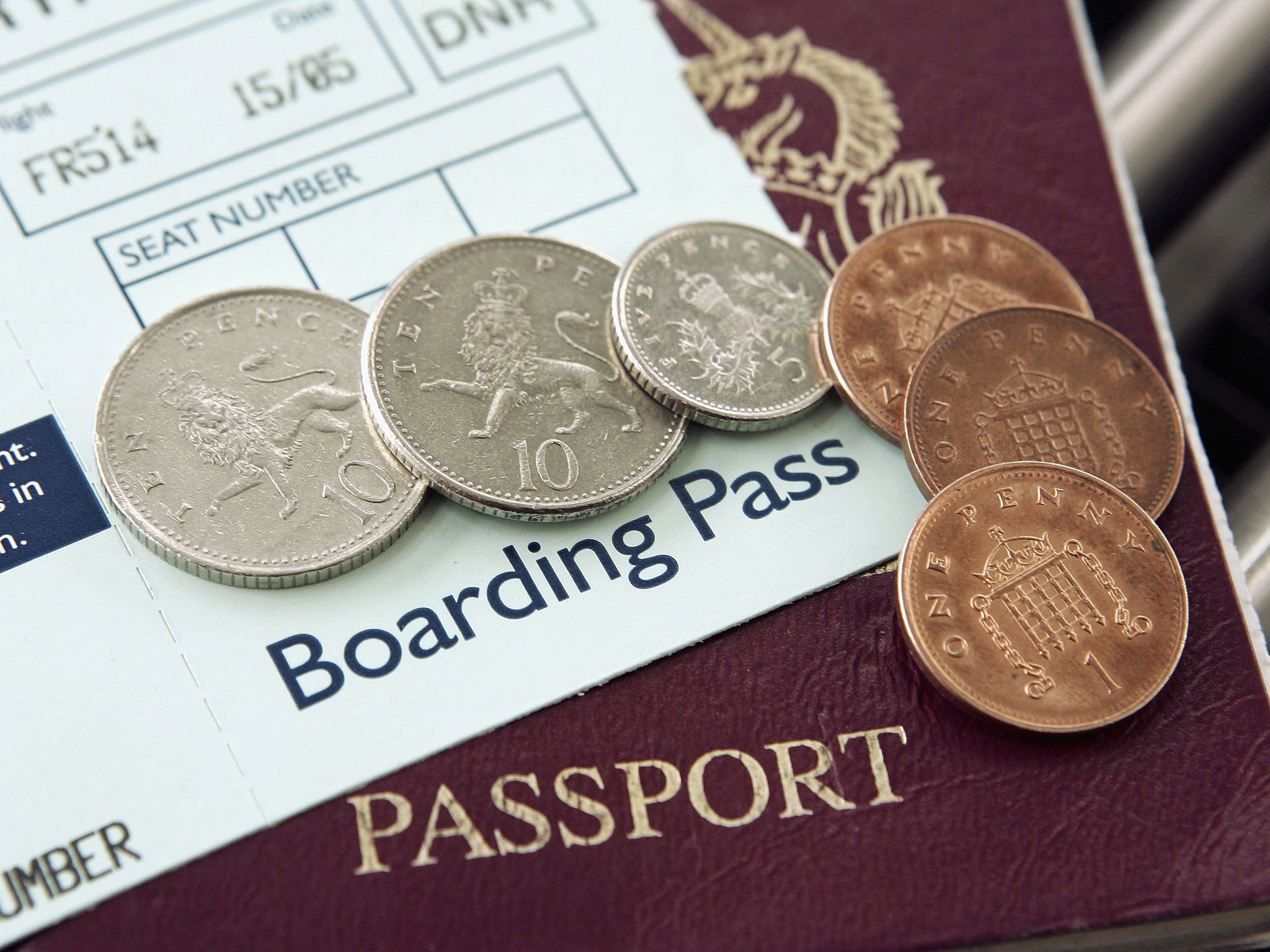WH Smith continues to demand boarding passes from passengers to avoid paying VAT
WH Smith was at the forefront of criticism as it was revealed the real reason retailers in airports ask for boarding passes was so they could keep the VAT on prices for customers travelling outside the EU

Your support helps us to tell the story
From reproductive rights to climate change to Big Tech, The Independent is on the ground when the story is developing. Whether it's investigating the financials of Elon Musk's pro-Trump PAC or producing our latest documentary, 'The A Word', which shines a light on the American women fighting for reproductive rights, we know how important it is to parse out the facts from the messaging.
At such a critical moment in US history, we need reporters on the ground. Your donation allows us to keep sending journalists to speak to both sides of the story.
The Independent is trusted by Americans across the entire political spectrum. And unlike many other quality news outlets, we choose not to lock Americans out of our reporting and analysis with paywalls. We believe quality journalism should be available to everyone, paid for by those who can afford it.
Your support makes all the difference.WH Smith faced criticism as the company refused to back down over its controversial decision to demand boarding passes from airport passengers to avoid handing over VAT to the taxman.
The refusal from chief executive Stephen Clarke to charge customers travelling outside the EU less for their purchases comes despite revealing profits jumped 8 per cent this year to £121m.
Speaking about the scandal for the first time since the practice was exposed by The Independent, he appeared to backtrack on initial claims that introducing dual pricing would be “impossible”, suggesting it would “cause confusion”.
He said: “This only affects a small proportion of our sales and only airside at certain airports. The average ticket price of £1.40 is affected, so we’re talking about a price difference of a few pence.
“Introducing dual pricing would cause some confusion at the till point which would slow down already very busy stores. Changing a price difference of a few pence becomes practically very difficult.”
But last night Martin Lewis, founder of Money Saving Expert, called on WH Smith to change their policy.
He said: “I’m surprised that WH Smith is risking that much brand damage to continue this unfair policy. I’m aware that even in duty free stores where you legally have to show your boarding pass, staff are getting abuse, so it’s surprising that staff in WH Smith still do this despite the anger it is clearly causing passengers.
“People need to be very sure that when you go into WH Smith you do not show your boarding pass unless they will give you a discount.
“That way they will lose profitability and they will be forced to change their system. It is just a shame that militancy is the only way that will force them to do it differently.”
WH Smith was at the forefront of criticism over the summer as it was revealed the real reason retailers in airports ask for boarding passes was so they could keep the VAT on prices for customers travelling outside the EU.
Mr Clarke said the extra profit WH Smith made was in the “low single digital millions” of pounds. Previously, The Independent has estimated that around £10m could be banked each year based on estimated numbers of passengers travelling through airports to non-EU destinations and the number of items WH Smith must add VAT to.
The company also revealed that sales in its travel division, which includes all the airport, train station and hospital sites, had jumped 9 per cent in the last year, helping the company to hand out £50m to shareholders. But while the shareholders were benefiting from the extra cash, staff would only see their salaries rise to the new national Living Wage next April, when it becomes law – unlike several other retailers who have increased pay levels already.
WH Smith did climb down over its pricing in hospitals earlier this month, after The Independent found water and notepads were more expensive than on the high street.
Bosses said they would match high-street prices on stationery and cut food and drink costs.
Join our commenting forum
Join thought-provoking conversations, follow other Independent readers and see their replies
Comments